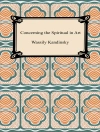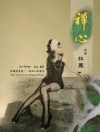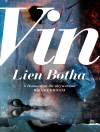From museums and the preservation of old buildings to broader questions of community and identity, heritage is now a political issue.
This book explores what heritage means now heritage is big business and how it is used to encourage people to identify with particular places and ‘traditions’, now it is entangled with capitalism. Examining a range of questions, including the way contemporary societies use heritage in the creation and management of collective identities, and how heritage is involved with the complexities of multicultural societies.
As resources are poured into heritage and questions of identity enter into public discourse, this book shows how the heritage industry is used politically and commercially to shape the ways people represent themselves, and are represented, in diverse and hybrid societies.
สารบัญ
List of figures
Acknowledgements
1. Introduction: Heritage and Plurality
Part I: The Conceptual Context
2. Culture and Plural Identities
3. Towards Pluralising Pasts: Theories and Concepts of Heritage
4. Place, Identity and Heritage
Part II: A Typology of Plural Societies
5. Nature and Types of Plural Society
Part III: Heritage in Plural Societies
6. Heritage in Assimilation Models
7. Heritage in Melting Pot Models
8. Heritage in Core+ Models
9. Heritage in Pillar Models
10. Heritage in Salad Bowl Models
11. Conclusion: The Future of Pluralising the Past
References
Index
เกี่ยวกับผู้แต่ง
John Tunbridge is Professor Emertitus in Geography and Environmental Studies department at Carleton University, Ottawa. He is co-author of Pluralising Pasts (Pluto, 2007).












